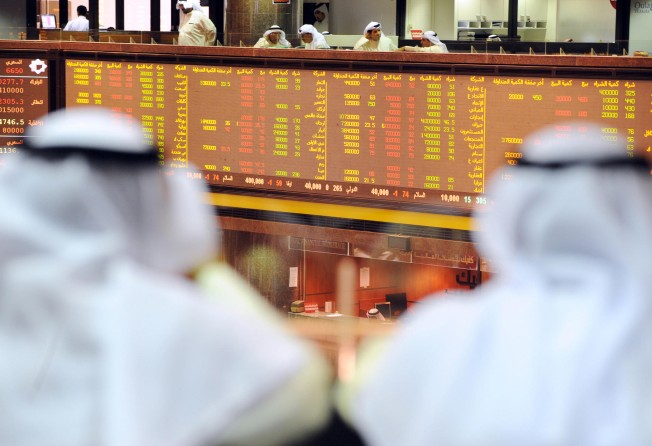
Kuwaiti fund pins hopes on Hong Kong
Asiya Investments looks to leverage its office in the city to bring in new clients and help Asian firms seeking to expand in the Middle East

Asiya Investments, a fund manager in which the Kuwait Investment Authority (KIA) holds a 15 per cent stake, is looking to use its new Hong Kong office to bring in investors and advise Asian companies seeking to expand in the Middle East.

KCIC has now rebranded as Asiya and moved investment professionals to Hong Kong, where a 20-strong team will manage frontline decision-making and fundraising functions, with the Dubai office handling some back-office and advisory work.
Ahmad al-Hamad, Asiya's group managing director, said: "[It] intends to boost the size of institutional capital from our own money, part of our expansion plans to diversify and increase our presence in Asia."
Princeton-educated al-Hamad, who worked for Morgan Stanley in New York for two years, said Asiya aimed to invest in concepts related to rising domestic consumption, which implies a broad range of industries including real estate, financial services, infrastructure, energy and consumer goods.
The company itself may be new to the investment community in Asia, where a mix of Western and Chinese investors have established their footprints in the key markets of Hong Kong and Singapore. But KIA, the world's sixth-largest sovereign wealth fund, has been actively investing in China after being awarded a quota by the State Administration of Foreign Exchange of US$1 billion for direct investment in the country's securities market, making it one of the six investors that have been granted a quota of this size.
Al-Hamad said one of the benefits of the build-up in Hong Kong was it provided access to investing in new shares in the city, where investors and companies could establish swift and easy access.
KIA was reported to have invested at least US$800 million in Agricultural Bank of China's 2010 listing, hinting that the newly established fund might leverage KIA's network to gain access to big-ticket deals.
Al-Hamad declined to comment on how to leverage KIA's connection with its expansion plan, but he said it would also rely on investment banks' capital introduction services.
Under the hood, Asiya operates a long-biased Asian equities fund, which adopts a quantitative investment approach using mathematical models, as well as a market-neutral credit fund and a long-only fund.
He said its quant fund outperformed the benchmark MSCI Asia ex-Japan Index by 18 per cent last year, probably due to timely sector and country allocation. The regional benchmark index was up about 19 per cent last year.
Asiya plans to establish as early as late next year a fourth, structured credit fund, aiming to make loans to small and medium-sized enterprises in Asia by issuing mezzanine debt.